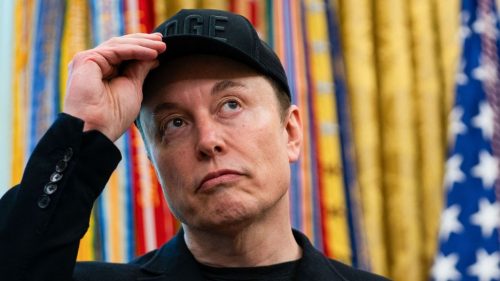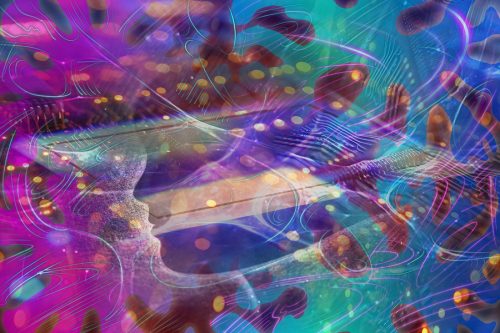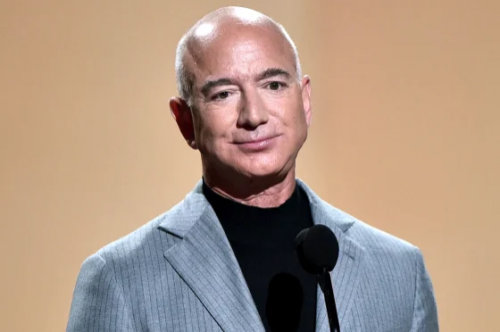The comprehensive automation of production steps allows machines to perform hundreds of thousands of repetitive tasks extremely efficiently, reliably, and economically. But when the manufactured products and their packaging are subject to frequent changes, current production concepts are pushed to their limits.
This is where new technologies come into play, especially autonomous self-learning systems that can immediately respond to changes and individual specifications with the help of artificial intelligence (AI). These systems depend on consistent data, sensors, connectivity that includes Industrial 5G, and the integration of shop-floor technologies in corporate information technology (IT).
The methods for acquiring and evaluating data, including on the shop floor, have had tremendous advances. Many plants, machines, and products and workpieces are generating their own data. To optimize production, this data is evaluated either in the cloud or, increasingly, on-site with edge computing.
In manufacturing, a number of AI applications can recognize and categorize specific patterns to improve productivity.
AI projects also depend on intensive collaborations between AI experts, automation specialists, and industry experts. The only way for industry to use the potential of the new manufacturing environment and make AI the enabler of new business models is by getting highly qualified experts from different sectors working together, including through partnerships with customers, suppliers, service providers, companies outside the industry, scientists, startups, and even competitors.
The article was originally posted at the Harvard Business Review.
The Boston Global Forum (BGF), in collaboration with the United Nations Centennial Initiative, released a major work entitled Remaking the World – Toward an Age of Global Enlightenment. More than twenty distinguished leaders, scholars, analysts, and thinkers put forth unprecedented approaches to the challenges before us. These include President of the European Commission Ursula von der Leyen, Governor Michael Dukakis, Father of Internet Vint Cerf, Former Secretary of Defense Ash Carter, Harvard University Professors Joseph Nye and Thomas Patterson, MIT Professors Nazli Choucri and Alex ‘Sandy’ Pentland, and European Parliament Member Eva Kaili. The BGF introduced core concepts shaping pathbreaking international initiatives, notably, the Social Contract for the AI Age, an AI International Accord, the Global Alliance for Digital Governance, the AI World Society (AIWS) Ecosystem, and AIWS City.










